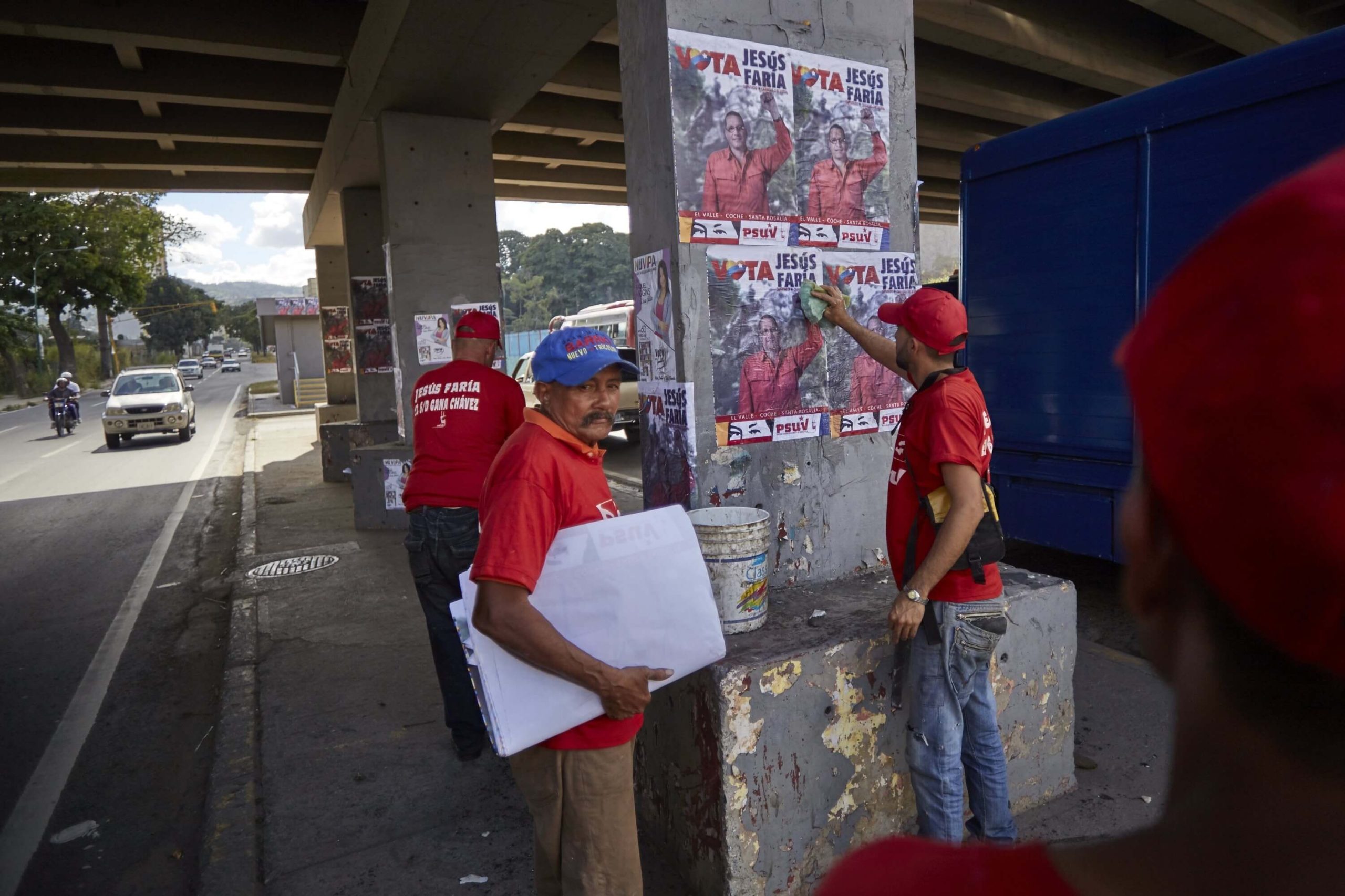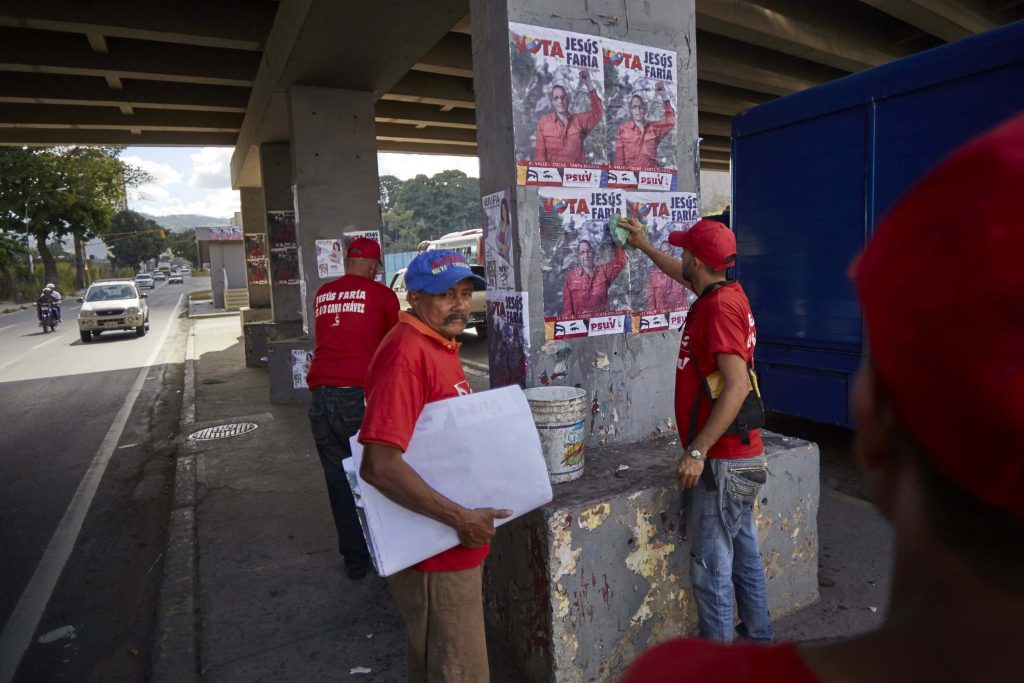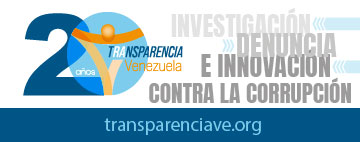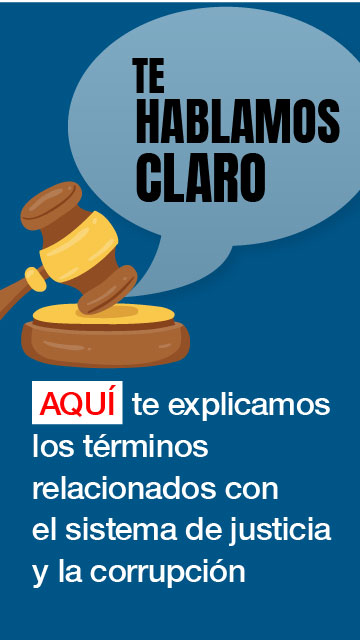This judgement was about the money; a lot of money. In May 2008, with a case presented by Justice Francisco Carrasquero, the Constitutional Chamber of the Supreme Court of Justice (TSJ) ruled that the election campaigns of political parties could be financed with public funds.
The Supreme Court issued this ruling in response to chavista organisations Patria Para Todos (PPT) and Podemos, who had filed a request for interpretation of Article 67 of the Constitution, which states in its last line: “The financing of political associations with State funds shall not be permitted.”
In analysing the above constitutional provision, Carrasquero reasoned as follows: “The economic support of the State to election campaigns adheres to the principle of democracy, as it guarantees that voters shall have access to the various proposals that may be presented by the various political associations (not only political parties) without economic support, and thus, it promotes equal conditions of dissemination of the various candidates.”
However, in this “equality” supported by TSJ, some are more equal than others. By not establishing the criteria for the equitable distribution of public funds or determining the mechanisms of transparency and accountability, the highest court in the nation cleared the way for the government to inject public money into election campaigns of its affiliated organisations.
Carrasquero left the power to regulate this matter in the hands of the National Assembly, but the government majority never discussed the issue. In the heat of that judgment, PPT proposed a draft law on financing of political activities, proposing the State to “cover the costs of election campaigns” as well as a fair distribution of the spaces in the media. The initiative never came to fruition.
Extract of the judgment
The prohibition to provide public funds to political associations is not a limitation, in the context of electoral processes and as inherent expenditure in an essential phase thereof, for the state (…) to allocate funds in order to fund the development of election campaigns of political parties and associations registered with the CNE, in the context of political pluralism as an essential element of participatory and rational democracy. In any case, this expressly requires regulatory rules by the National Assembly, because this is the basis of the exercise of the legal reserve.”









